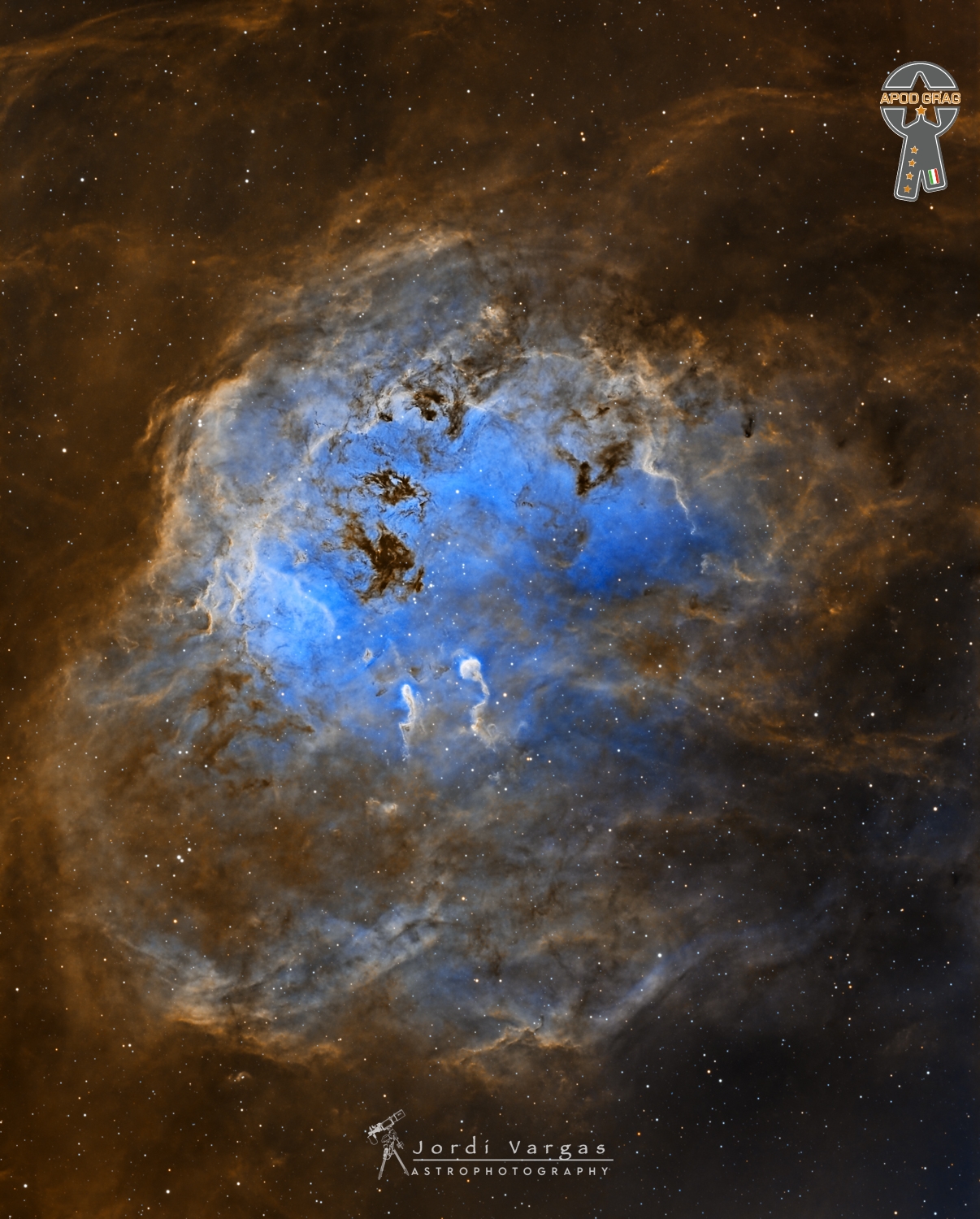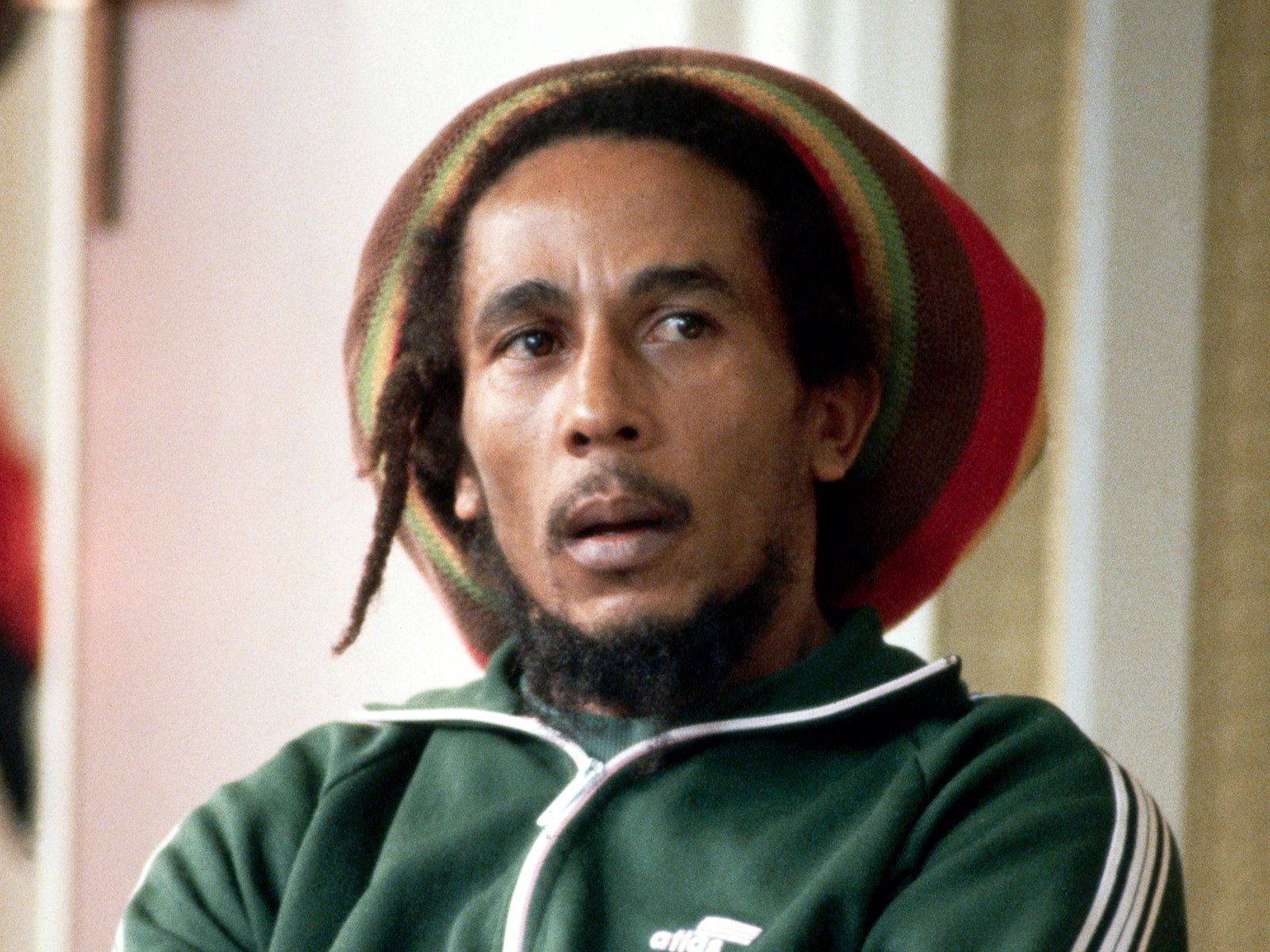Blog
Milton Holland (born Milton Olshansky; February 7, 1917 – November 4, 2005) was an American drummer, percussionist, ethnomusicologist, and writer in the Los Angeles music scene. He pioneered the use of African, South American, and Indian percussion styles in jazz, pop and film music, traveling extensively in those regions to collect instruments and learn styles of playing them.
Holland was born Milton Olshansky in Chicago, Illinois, where he attended Theodore Roosevelt High School. His first instrument was the violin. He pursued a passion for percussion, playing in clubs and shows and on CBS Radio in Chicago. By the age of twelve, he was playing at speakeasies for the likes of Al Capone.
more...Curtis Ousley (born Curtis Montgomery; February 7, 1934 – August 13, 1971), known professionally as King Curtis, was an American saxophonist who played rhythm and blues, jazz, and rock and roll. A bandleader, band member, and session musician, he was also a musical director and record producer. A master of the instrument, he played tenor, alto, and soprano saxophone. He played riffs and solos on hit singles such as “Respect” by Aretha Franklin (1965), and “Yakety Yak” by The Coasters (1958) and his own “Soul Twist” (1962), “Soul Serenade” (1964), and “Memphis Soul Stew” (1967).
Curtis Montgomery was born in Fort Worth, Texas, the son of Ethel Montgomery, and was adopted, with his sister Josephine Allen (died 2019), by Josie and William Ousley. Curtis attended I.M. Terrell High School, and studied and performed music with schoolmate Ornette Coleman (1930–2015).
more...
Earl Silas Johnson IV (February 7, 1934 – April 17, 2003), known as Earl King, was an American singer, guitarist, and songwriter, most active in blues music. A composer of blues standards such as “Come On” (covered by Jimi Hendrix, Freddie King, Stevie Ray Vaughan) and “Big Chief” (recorded by Professor Longhair), he was an important figure in New Orleans R&B.
King was born in New Orleans, Louisiana, United States. His father was a piano player. He died when Earl was still a baby, and Earl was brought up by his mother. With his mother, he started going to church at an early age. In his youth he sang gospel music, but he took the advice of a friend to switch to blues to make a better living.
more...James Hubert “Eubie” Blake (February 7, 1887 – February 12, 1983) was an American pianist and composer of ragtime, jazz, and popular music. In 1921, he and his long-time collaborator Noble Sissle wrote Shuffle Along, one of the first Broadway musicals written and directed by African Americans. Blake’s compositions included such hits as “Bandana Days”, “Charleston Rag”, “Love Will Find a Way”, “Memories of You” and “I’m Just Wild About Harry“. The 1978 Broadway musical Eubie! showcased his works.
Blake was born at 319 Forrest Street in Baltimore, Maryland. Of the many children born to former slavesEmily “Emma” Johnstone and John Sumner Blake, he was the only one to survive childhood. John Sumner Blake was a stevedore on the Baltimore Docks.
more...Fall deeper into the entrancing NGC 4303, a spiral galaxy located approximately 55 million light-years from Earth in the constellation Virgo. This image combines data taken at radio and visible wavelengths, and is helping astronomers understand how stars form in galaxies. The hypnotising golden glow drawing you into the image corresponds to clouds of molecular gas, the raw material out of which stars form. The data was taken with the Atacama Large Millimeter/submillimeter Array (ALMA), co-operated by ESO in the Chilean Andes. The blueish regions in the background, on the other hand, were imaged with the Multi-Unit Spectroscopic Explorer (MUSE) instrument on ESO’s Very Large Telescope (VLT), also in Chile, and they reveal already formed stars. By comparing the distribution of gas and stars astronomers are able to study what triggers, enhances or hampers the birth of new stars. This image is part of the Physics at High Angular resolution in Nearby GalaxieS (PHANGS) project, which is using ground-based and space telescopes to make detailed observations of nearby galaxies across the electromagnetic spectrum

Natalie Maria Cole (February 6, 1950 – December 31, 2015) was an American singer, songwriter, and actress. She was the daughter of American singer and jazz pianist Nat King Cole. She rose to success in the mid-1970s as an R&B singer with the hits “This Will Be“, “Inseparable” (1975), and “Our Love” (1977). She returned as a pop singer on the 1987 album Everlasting and her cover of Bruce Springsteen‘s “Pink Cadillac“. In the 1990s, she sang traditional pop by her father, resulting in her biggest success, Unforgettable… with Love, which sold over seven million copies and won her seven Grammy Awards. She sold over 30 million records worldwide.
Natalie Cole was born at Cedars of Lebanon Hospital in Los Angeles, California, to American singer and jazz pianist Nat King Cole and former Duke Ellington Orchestra singer Maria Hawkins Ellington, and raised in the affluent Hancock Park district of Los Angeles. Regarding her childhood, Cole referred to her family as “the black Kennedys” and was exposed to many great singers of jazz, soul and blues. At the age of 6, Natalie sang on her father’s Christmas album The Magic of Christmas and later started performing at age 11.
more...Calvin Keys (born February 6, 1943) is an American jazz guitarist, known for the several albums he released for Black Jazz Records.
Keys has performed and recorded with Ray Charles, Ahmad Jamal, John Handy, Bobby Hutcherson, Eddie Marshall, Sonny Stitt, Pharoah Sanders, Joe Henderson and Leon Williams.
more...John Pisano (born February 6, 1931) is a jazz guitarist born in Staten Island, New York.
Pisano has worked with Herb Alpert, Billy Bean, Chico Hamilton, Peggy Lee, and Joe Pass.
more...Robert Nesta Marley OM (6 February 1945 – 11 May 1981) was a Jamaican singer, musician, and songwriter. Considered one of the pioneers of reggae, his musical career was marked by fusing elements of reggae, ska, and rocksteady, as well as his distinctive vocal and songwriting style. Marley’s contributions to music increased the visibility of Jamaican music worldwide, and made him a global figure in popular culture to this day. Over the course of his career, Marley became known as a Rastafari icon, and he infused his music with a sense of spirituality. He is also considered a global symbol of Jamaican music and culture and identity, and was controversial in his outspoken support for democratic social reforms. In 1976, Marley survived an assassination attempt in his home, which was thought to be politically motivated. He also supported legalisation of marijuana, and advocated for Pan-Africanism.
Born in Nine Mile, Jamaica, Marley began his professional musical career in 1963, after forming the Teenagers with Peter Tosh and Bunny Wailer, which after several name changes would become the Wailers. The group released its debut studio album The Wailing Wailers in 1965, which contained the single “One Love“, a reworking of “People Get Ready“; the song was popular worldwide, and established the group as a rising figure in reggae. The Wailers released a further eleven studio albums, and after signing to Island Records the band’s name became Bob Marley and the Wailers. While initially employing louder instrumentation and singing, the group began engaging in rhythmic-based song construction in the late 1960s and early 1970s, which coincided with Marley’s conversion to Rastafari. Around this time, Marley relocated to London, and the group embodied their musical shift with the release of the album The Best of The Wailers (1971).
The group started to gain international attention after signing to Island, and touring in support of the albums Catch a Fire and Burnin’ (both 1973). Following the disbandment of the Wailers a year later, Marley carried on under the band’s name. The album Natty Dread (1974) received positive reception. In 1975, following the global popularity of Eric Clapton‘s version of Marley’s “I Shot the Sheriff“, Marley had his international breakthrough with his first hit outside Jamaica, with a live version of “No Woman, No Cry“, from the Live!album. This was followed by his breakthrough album in the United States, Rastaman Vibration (1976), which reached the Top 50 of the Billboard Soul Charts. A few months after the album’s release Marley survived an assassination attempt at his home in Jamaica, which prompted him to permanently relocate to London. During his time in London he recorded the album Exodus (1977); it incorporated elements of blues, soul, and British rock and enjoyed widespread commercial and critical success. In 1977, Marley was diagnosed with acral lentiginous melanoma; he died as a result of the illness in 1981, shortly after baptism into the Ethiopian Orthodox Church. His fans around the world expressed their grief, and he received a state funeral in Jamaica.
The greatest hits album Legend was released in 1984, and became the best-selling reggae album of all time. Marley also ranks as one of the best-selling music artists of all time, with estimated sales of more than 75 million records worldwide. He was posthumously honoured by Jamaica soon after his death with a designated Order of Merit by his nation. In 1994, he was inducted into the Rock and Roll Hall of Fame. Rolling Stone ranked him No. 11 on its list of the 100 Greatest Artists of All Time. His other achievements include a Grammy Lifetime Achievement Award, a star on the Hollywood Walk of Fame, and induction into the Black Music & Entertainment Walk of Fame.
more...In its third performance at the Gremlin Theater by Theatre 55 and its only matinee at 2pm on Sunday February 5th 2023. Remainder shows February 8th thru the 11th. Music with Shirley Mier, Jamie Carter, Lyra Olson and mick laBriola.

IC 410, sometimes known as the Tadpole Nebula because of its northeastern filaments, is a large emission nebula visible in the constellation Auriga; linked to it is the open cluster NGC 1893, formed by young, rather dispersed, massive stars. The region is home to important star formation processes generating massive stars.

more...
Al Kooper (born Alan Peter Kuperschmidt; February 5, 1944) is a retired American songwriter, record producer and musician, known for organizing Blood, Sweat & Tears, although he did not stay with the group long enough to share its popularity. Throughout much of the 1960s and 1970s he was a prolific studio musician, playing organ on the Bob Dylan song “Like a Rolling Stone“, French horn and piano on the Rolling Stones song “You Can’t Always Get What You Want“, and lead guitar on Rita Coolidge‘s “The Lady’s Not for Sale“, among many other appearances. Kooper also produced a number of one-off collaboration albums, such as the Super Session album that saw him work separately with guitarists Mike Bloomfield and Stephen Stills. In the 1970s Kooper was a successful manager and producer, recording Lynyrd Skynyrd‘s first three albums. He has also had a successful solo career, writing music for film soundtracks, and has lectured in musical composition.
Al Kooper was born in Brooklyn, New York City, to Sam and Natalie Kuperschmidt (who were Jewish),and grew up in Hollis Hills, Queens, New York.
more...Richard Quentin Laird (February 5, 1941 – July 4, 2021) was an Irish musician, photographer, teacher, and author best known as the bassist and a founding member of the jazz fusion band Mahavishnu Orchestra, with which he performed from 1971 to 1973.
Laird was born in Dublin, Ireland, on 5 February 1941, to a musical family. His mother played the piano in a variety of styles and his father played the ukulele; Laird started playing both instruments when he was three. At around five years of age, Laird started formal tuition in the guitar and piano, and he had already started to read sheet music. He soon quit the piano as he did not perform well, which led him to take up painting and drawing. At twelve, Laird began lessons in Spanish guitar, but his teacher used books that he felt were too difficult, so he quit. He then discovered jazz from his mother, who bought her son a pair of drum brushes and made him play along to records.
more...Barrett Strong Jr. (February 5, 1941 – January 28, 2023) was an American singer and songwriter known for his recording of “Money (That’s What I Want)“, which was the first hit single for the Motown record label. He is also known for his songwriting work in association with producer Norman Whitfield; together, they penned such songs as “I Heard It Through the Grapevine“, “War“, “Just My Imagination (Running Away with Me)“, and “Papa Was a Rollin’ Stone“.
In 2004, Strong was inducted into the Songwriters Hall of Fame alongside Whitfield.
Strong was born in West Point, Mississippi, on February 5, 1941, the only boy in a family of six children born to Barrett Strong Sr., a minister. His family moved to Detroit, Michigan, when he was four years old, and his father bought him a piano soon after. Strong began singing at Hutchins Middle School in Detroit, where his classmates included Aretha Franklin and Lamont Dozier.
more...More Posts
- Archie Shepp
- Flamenco Fridays Camarón
- Daily Roots King Tubby & Prince Jammy
- Cosmos NGC 3166
- Famoudou Don Moye
- Vicky Moscholiou
- Marvin Stamm
- Rosemary Clooney
- World Music Cem Yıldız – ft. Zeynep Yıldız
- Daily Roots Phillip Smart
- Anthony Hopkins Wisdom
- Rhythm Roots Workshop Residency Ecumen Lakeview Commons Assisted Living and Memory Care in Maplewood
- Cosmos M51
- Richard Wagner
- Ian Underwood
- Barry Rogers
- Sun Ra
- World Drumming Babatunde Olatunji
- Daily Roots King Tubby
- Cosmos CG4
